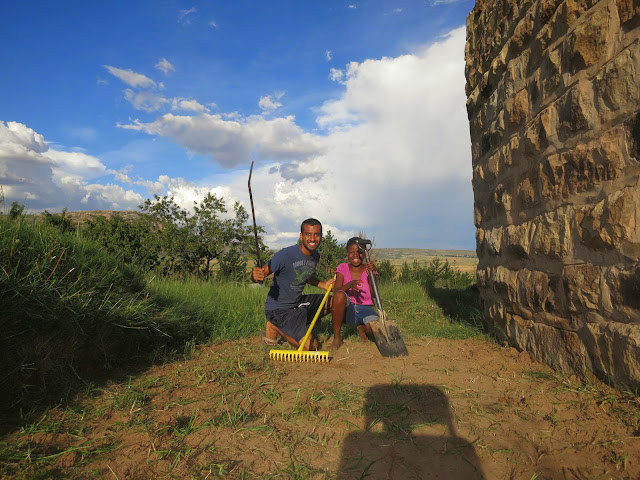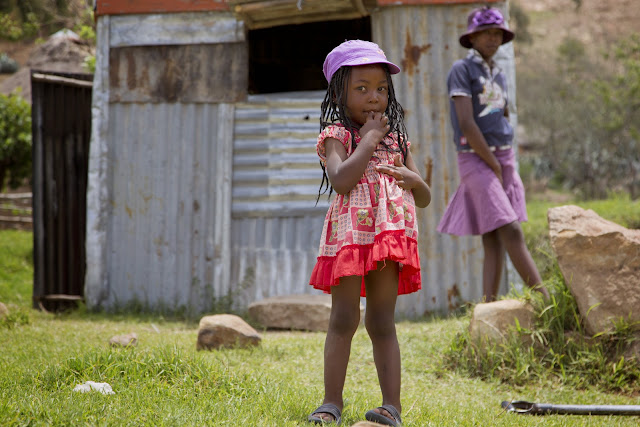Have you seen the documentary “Dirty Wars?” It discusses how our military presence abroad, and our perhaps immoral or unjust actions rotted the reputation of Americans in several countries. Warring and conflict have left the world scarred with a seemingly reasonable contraction that Americans are a short term, and violent people. We as a nation have evoked an era of distrust and as you travel you will witness the discontent that is generated. Even in places where we are not currently in conflict, people detail their opinions of Americans as power hungry and unnecessarily involved as evidenced by the many discussions I have with my fellow teachers.
While our Nations’ Leaders are focused on National Security, it must be imperative that the mission of the Peace Corps is to divert and alleviate the attention from the militaristic view of the United States, into that of a friendly and helpful neighbor. But my question, and perhaps posed by several people, is that do we as Peace Corps make a difference? Do we change foreign opinion? Do we aid our host countries in ways that they cannot themselves?
Cultural day
As an education volunteer, it is often quite difficult to assess whether I have impact on the developing world. I have come across Bo-’Me on multiple occasions who thank me for my service, and commend me on the wonderful job we have done here, but I am afraid that they will associate me with any progress that occurs in Fobane even if I was not part of the link. For instance, my school produced a top ten student, the highest award possible for a student based on her standardized exams. Additionally, my schools both received over ten boxes of new books to further engage our students’ education. These two improvements in my community are in no way related to me. The student was never taught in my class, and a Minister donated the books. Although I enjoy the praise I reiterate that it isn’t because of me. My village may even have its road paved, which some people have been asking me where I am getting the money.
Local community discussion
I am not saying that I have not had some form of an impact, but I think I have come to the conclusion that even if we are not active volunteers, our presence itself is a contributing factor to development, and it can be accounted for through the lovely science of thermodynamics. Thermodynamics is a branch of physics created to understand the relation between energy and work. I believe it can be extrapolated to the Peace Corps to describe the interactions between energy, work, and the economy of developing nations.
Thermodynamics are about random particle movements, and this post is about random pictures
Take the following system:
An elderly woman needs to carry groceries to her house for 30 minutes uphill.
I help her with the groceries and consume 200 calories.
The woman did not use 200 calories and had an easier time to walk uphill.
I saved the woman 200 calories and accosted myself with this energy debt.
She no longer requires sustenance to fill the void.
Energy is neither created nor destroyed, and therefore I do need to fill this void.
Therefore she saves money on buying food.
I am forced to buy 200 calories worth of food through my salary.
The American Government provides my salary.
Therefore, the United States Government infuses money into the community that I am working in through me. My presence implies my local community will save energy, and therefore money.
My shopkeeper where I spend my money
In Lesotho, the Peace Corps sends teachers to rural schools not to replace teachers, but to supplement schools with extra labor force. Therefore teachers attend fewer lectures, saving energy, and therefore saving money. In Summary, villages are able to improve their local economy because of our sacrifice, while the Federal Government sustains us to continually make these sacrifices. As long as we Peace Corps Volunteers do our primary job, the hidden benefits of having a Peace Corps Volunteer may be present. This is different from just throwing money at a problem. By placing a volunteer in a rural area, economic growth (however small) is directed to a specific needy area, and not just given to large organizations or governments that lack the capacity to distribute the wealth appropriately.
The United States Government provides my monthly salary of $200. I spend nearly all of it in Lesotho. Between the nearly 2300 volunteers that have served Lesotho since 1967, the United States investment in Lesotho under the Peace Corps can approximately (and underestimated) be $11 million. This figure does not include staff salary, nor grants allocated to Lesotho. However, many countries the Peace Corps are involved with have a declining economy. In Lesotho, I know it is related to resources being imported by South Africa with little exportation. It also is related to a similar style brain drain, where many of our gifted university graduates find better opportunities in South Africa, therefore providing the government of Lesotho with less through income tax, and a decrease in business investments. I think that the infusion of funds by the hands of volunteers through Peace Corps alleviates some of this economic decline, and without it the situation could be exacerbated.
The brain drain can take her from us
Thinking completely objectively, I view myself not necessarily as an entity capable of change, but more an economic tool sent by the government to slowly trickle in capital into a country whose economy is being leeched out to competing sources.
The economic impact that the Peace Corps may provide to its several host countries is in fact hidden to local citizens. But the military actions of the United States are often front page to countries abroad and their perspective remains negatively affected. I am not saying that the military deserves this, but violence (regardless of its necessity) warrants hostility and can devalue the reputation of the United States.
The perceptions on Americans by locals are exactly what the Peace Corps’ 2nd goal was intended for - to promote a better understanding of Americans on the part of the peoples served.
Just as our presence implied directed economic improvement, I am inclined to believe that
our presence within rural communities enlightens a perhaps less evident side of
Americans, that we promote peace in ways unrelated to violence.
Just by befriending my teachers, having open discussions on religion, world affairs, and cultural ambiguities and differences, we are promoting a friendlier side to the American face. Our impact may be hard to measure, but we know we are doing our job and our nation a service when we are able to walk away from a conversation with a smile and a new friend.






No comments:
Post a Comment